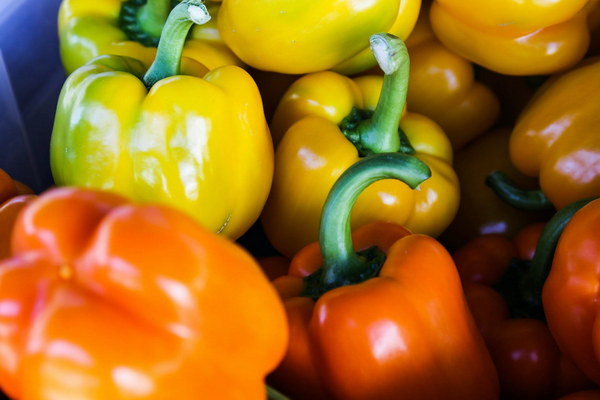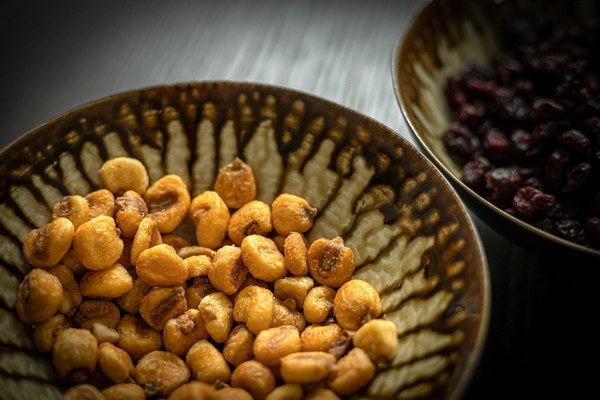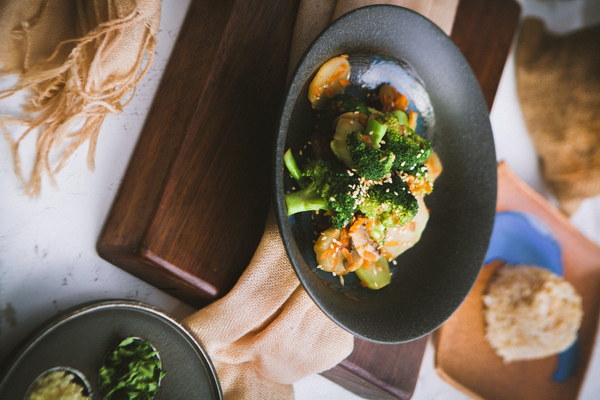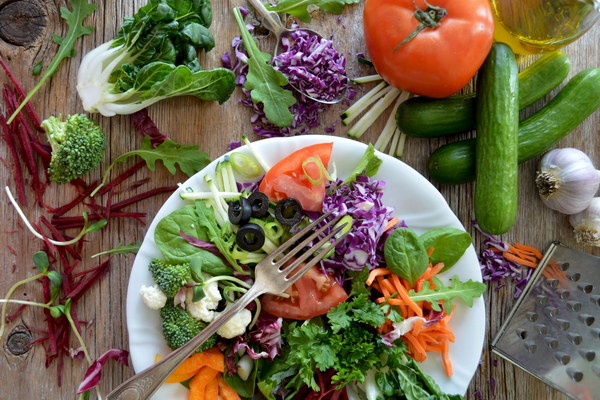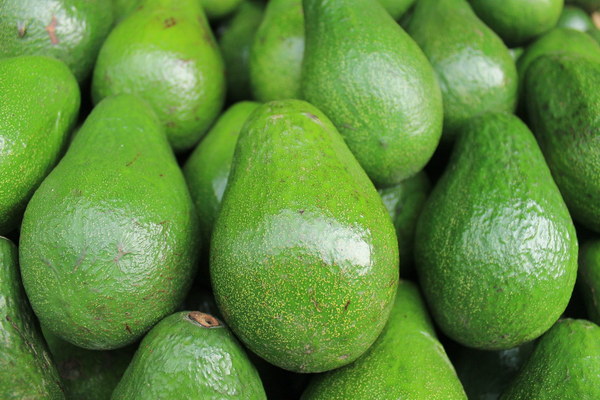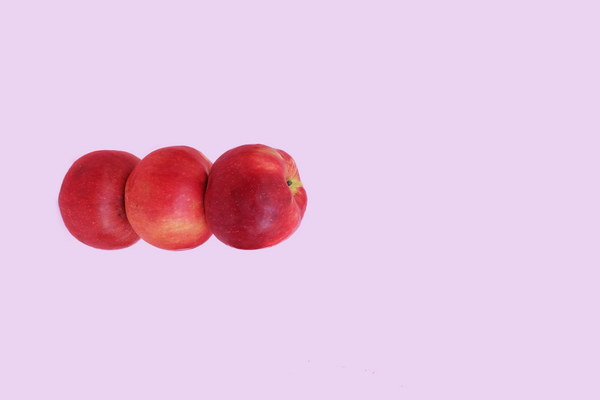Baihui The Traditional Chinese Herb for Nourishing Qi and Blood
In the realm of traditional Chinese medicine, the herb Baihui holds a unique position as a potent natural remedy for nourishing Qi and blood. With a rich history of use in Chinese herbal medicine, Baihui has been revered for its ability to improve overall health and vitality. This article delves into the fascinating world of Baihui, exploring its origins, properties, and benefits.
Origins and Traditional Use
Baihui, also known as the white root, is derived from the Aconitum carmichaelii plant, a member of the Ranunculaceae family. The herb is harvested from the roots of the plant, which are typically found in the mountainous regions of China. For centuries, Baihui has been a staple in Chinese herbal medicine, where it is prized for its ability to invigorate the body's vital energy and support blood health.
The traditional use of Baihui spans a wide range of health conditions, including fatigue, weakness, anemia, and various blood-related disorders. It is often combined with other herbs to create customized formulas that cater to individual health needs.
Properties and Benefits
Baihui possesses a number of distinct properties that contribute to its efficacy as a Qi and blood tonifier. These properties include:
1. Tonifies Qi: Baihui is considered a powerful Qi-tonifying herb, which means it helps to boost and maintain the body's vital energy. This can lead to increased strength, stamina, and overall vitality.
2. Nourishes Blood: The herb is also known for its blood-nourishing properties, which can help to alleviate symptoms of anemia, such as fatigue, dizziness, and weakness.
3. Promotes Blood Circulation: By enhancing blood circulation, Baihui can support the body's ability to deliver oxygen and nutrients to tissues and organs, leading to improved health and well-being.
4. Relieves Pain: Baihui has analgesic properties, which can help alleviate pain associated with conditions such as arthritis and menstrual cramps.
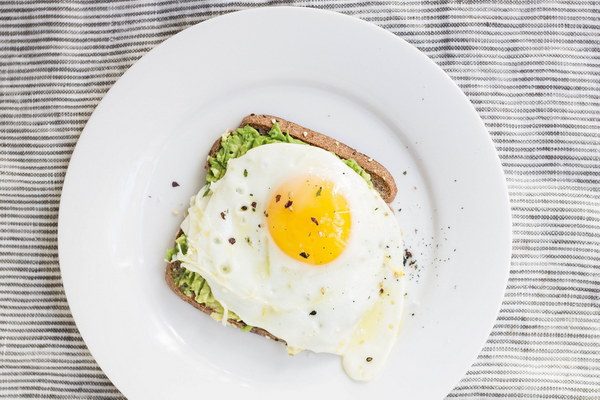
5. Regulates the Immune System: The herb's ability to strengthen the immune system makes it a valuable addition to treatment plans for various illnesses and infections.
How Baihui Works
The mechanisms by which Baihui exerts its effects on the body are not fully understood. However, researchers believe that the herb's active compounds may include alkaloids and other bioactive substances that interact with various pathways in the body.
One possible mechanism involves the herb's ability to stimulate the production of red blood cells, which can help increase hemoglobin levels and improve oxygen transport throughout the body. Additionally, Baihui may enhance the function of the spleen and liver, two organs crucial for blood production and circulation.
Using Baihui in Modern Times
Today, Baihui remains a popular herb in Chinese herbal medicine, both in traditional and modern applications. Here are some ways in which Baihui can be used:
1. Formulas: Baihui is often included in customized herbal formulas designed to address specific health concerns. These formulas can be prescribed by a qualified TCM practitioner.
2. Tea: Some people choose to make a tea from Baihui by boiling the dried roots in water. This tea can be consumed as a daily health tonic.
3. Supplements: Baihui is available in various supplement forms, including capsules and powders. These supplements can provide a convenient way to incorporate the herb into one's daily regimen.
4. Topical Applications: In some cases, Baihui may be used topically to alleviate pain, such as in the case of arthritis or menstrual cramps.
Conclusion
Baihui is a remarkable herb that has been a cornerstone of traditional Chinese medicine for centuries. With its ability to nourish Qi and blood, Baihui offers a natural and holistic approach to improving health and well-being. Whether consumed as a tea, taken in supplement form, or used in herbal formulas, Baihui continues to be a valuable resource for those seeking to enhance their overall vitality and vitality.
